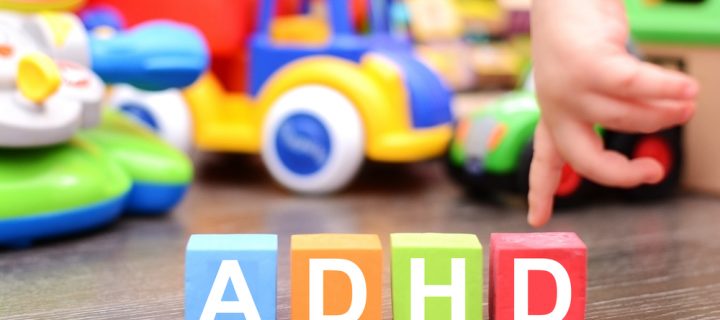Young entry into kindergarten can lead to the problem, experts find.
According to the American Psychiatric Association, 5% of children in the U.S.A have ADHD. The Centers for Disease Control and Prevention more than doubles that, citing 11% for youth 4 to 17.
Many of these cases are legitimate case of attention deficit hyperactivity disorder. These individuals can find it hard to concentrate, there’s inattentiveness and impulsivity in their behaviour.
But a new study done at Harvard Medical School says we may be over diagnosing children with ADHD, at least in the very young years.
According to a study published in The New England Journal of Medicine, children born in August in states with a September 1st cutoff birthday for school enrollment have a 30 percent higher risk of being diagnosed with ADHD. This is compared with their peers born in September in the same class. These guys are essentially almost one year older than the others.
Related: What to do When You Can’t Sleep, According to Sleep Experts
“Our findings suggest the possibility that large numbers of kids are being over-diagnosed and overtreated for ADHD because they happen to be relatively immature compared to their older classmates in the early years of elementary school,” said study lead author Timothy Layton, assistant professor of health care policy in the Blavatnik Institute at Harvard Medical School.
In 2016 alone, more than 5 percent of American children were being actively medicated for ADHD. The rise is thought to be due to a greater recognition of the disorder, as well as an increase in how many people suffer from it. In some cases however, there could be improper diagnosis.
“As children grow older, small differences in age equalize and dissipate over time, but behaviorally speaking, the difference between a 6-year-old and a 7-year-old could be quite pronounced,” said study senior author Anupam Jena, the Ruth L. Newhouse Associate Professor of Health Care Policy in the Blavatnik Institute at Harvard Medical School. “A normal behavior may appear anomalous relative to the child’s peer group.”
A child’s age relative to his or her peers in the same grade should be taken into consideration, Jena believes.
Worried your child is suffering? Talk to your doctor, and click here for more resources.












